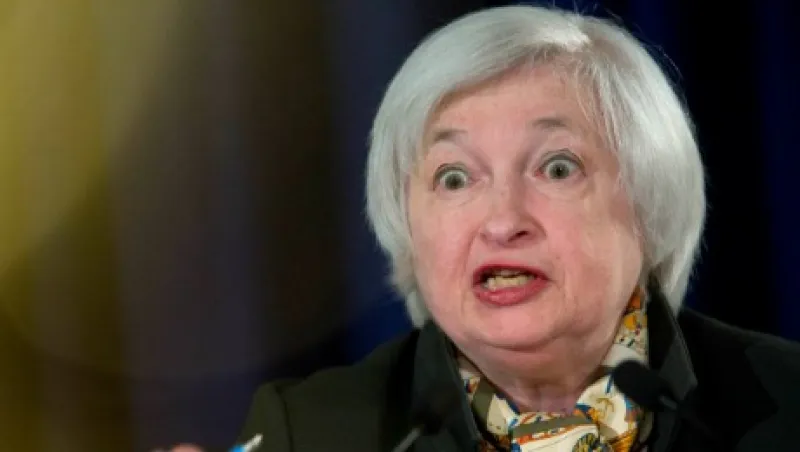
Daily Agenda: Fed Watchers Continue to Hurry Up and Wait
Euro zone CPI improves; Spanish GDP jumps; Bank of Japan stays the course; BNP Paribas beats analyst projections.
Andrew Barber
April 30, 2015


